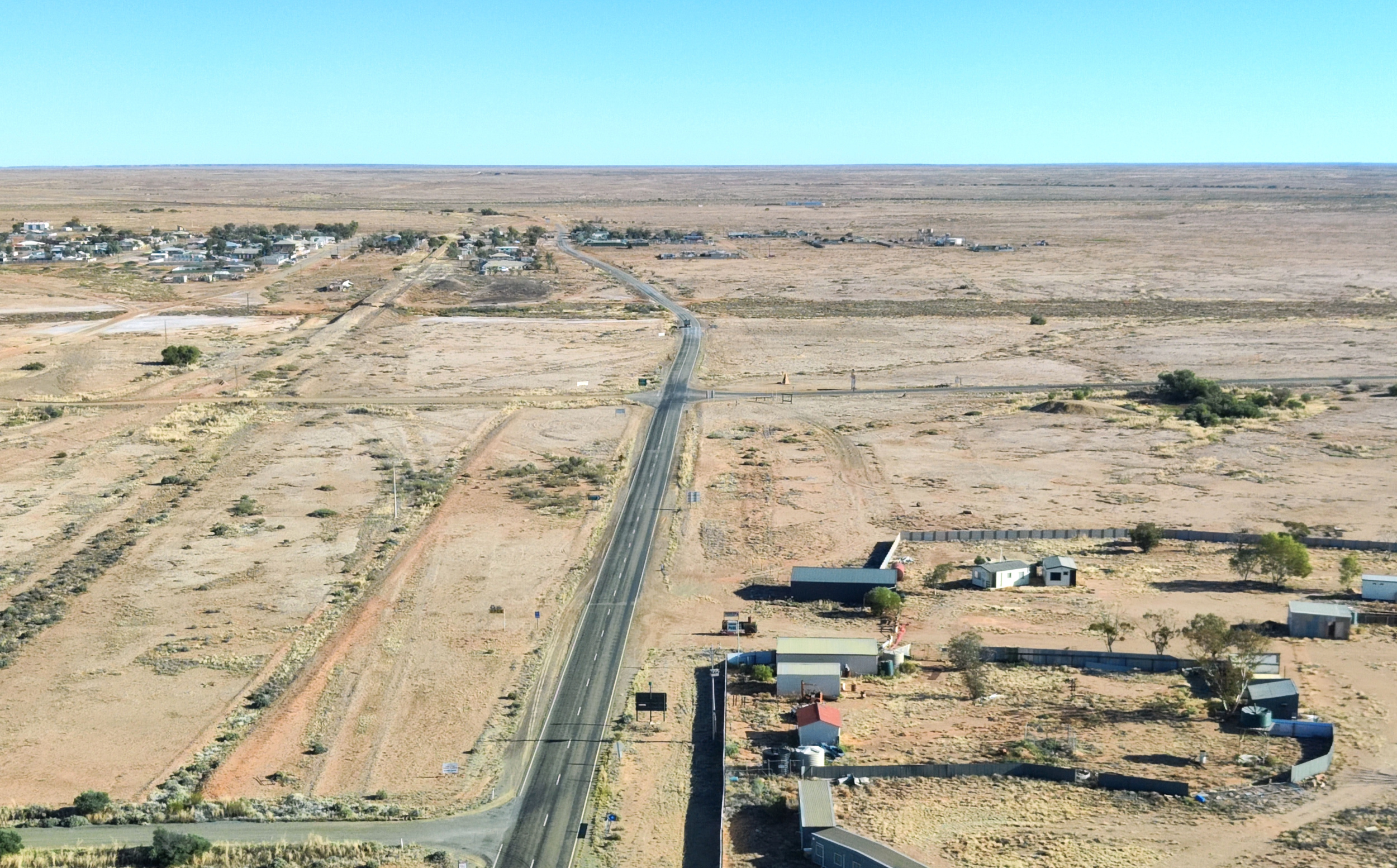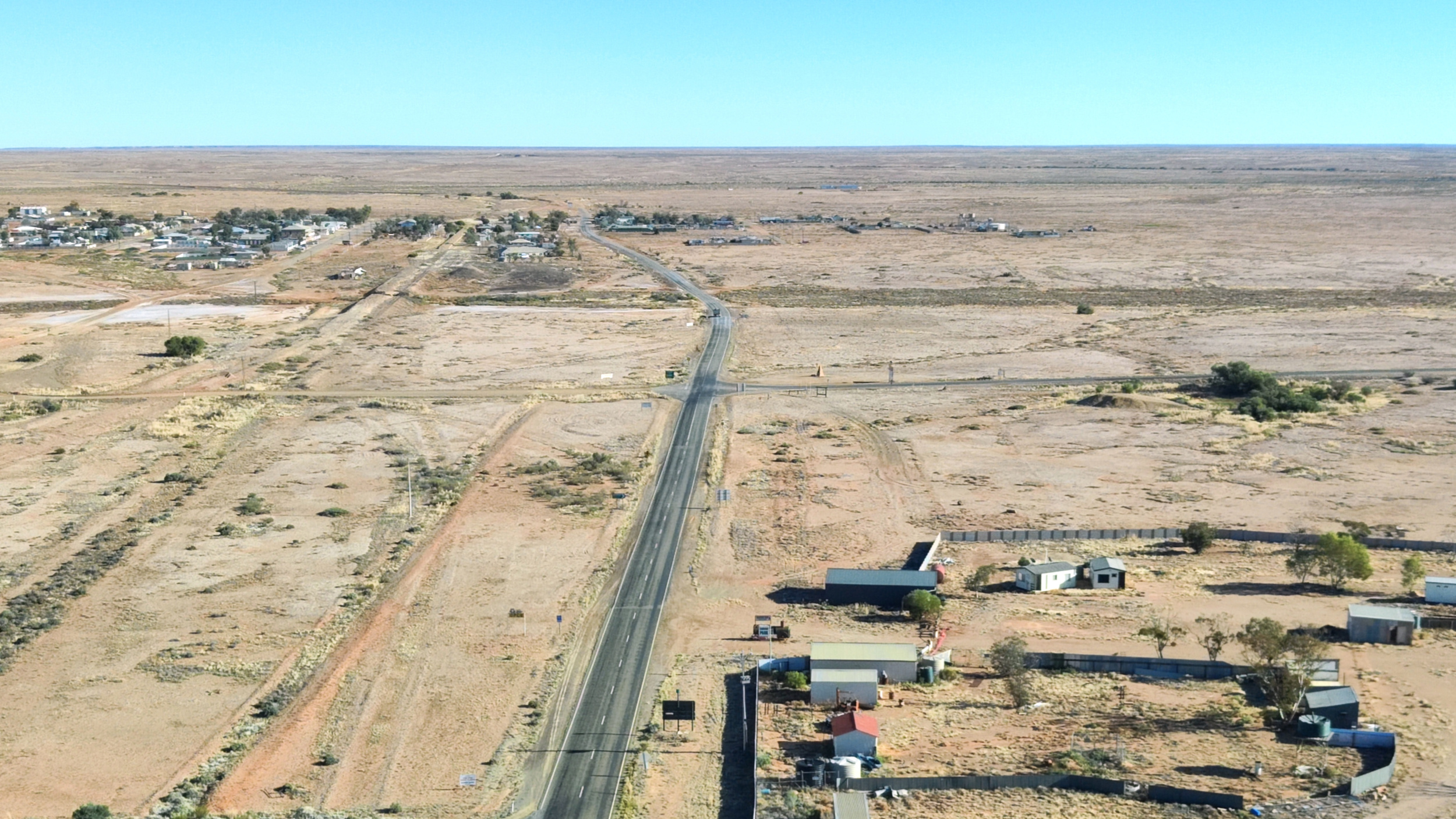Exotic Pet Trade Risk Reduction Strategies

In my past 4 blogs I have explored Australia’s involvement, both legal and illegal, in the global Exotic Pet Trade (EPT). The world’s desire for exotic pets is only growing and as previously highlighted, “the scale of trade for the EPT is enormous around the world. In the years 1996-2012...
The Difference Between Climate Scientists And Conservation Scientists

There is a difference between climate scientists and conservation scientists. The vast majority of actively publishing climate scientists – 97% – agree that humans are causing global warming and climate change. Even for those among us who, after decades, challenge the 97% claim, and undertake their own ‘fact check’, they...
The Reputation Laundromat

In a book published recently, Future of Denial, the author Tad DeLay explores the question, “Why do we continue to squander the short time we have left to deal with climate change?” DeLay isn’t the first to lay bare that “capitalism is an ecocidal engine constantly regenerating climate change denial”....
The Risky Business Of Heavy Petting

In this fourth article investigating Australia’s role in the exotic pet trade (EPT), Dr Cameron Murray explores the risks associated with the EPT. To read the investigation in full:
Article 1: Petted To Death, introduces Australia’s little known contribution to the extinction crisis. Article 2: Australia’s Exotic Pet Trade...
The Misguided ‘Once In A Generation’ Mindset

Anyone reading about Australia’s bungled Environment Protection and Biodiversity Conservation Act 1999 (EPBC Act) reform will no doubt have seen the well-worn phrase ‘once in a generation’. The EPBC Act is stated to be Australia’s central piece of national environmental law, covering the Commonwealth’s role in environmental protection matters of...
We’re Oceans Away From Saving Nemo

In this third article investigating Australia's role in the exotic pet trade, Dr Cameron Murray takes a dive into how Australia supplies the aquarium trade. To read the investigation in full:
Article 1: Petted To Death, introduces Australia’s little known contribution to the extinction crisis. Article 2: Australia’s Exotic...
Fact-Check: Not Just One Bad Apple

This week saw Nancy González, a Colombian designer whose customers are the likes of Victoria Beckham and whose products have been featured in The Devil Wears Prada, receive an 18-month prison sentence in the USA for smuggling. The maximum sentence available for González for illegally importing designer handbags made from...
Keep It Simple Stupid: ASYCUDA eCITES v Blockchain

For World Wildlife Day, 2024, CITES hosted an event with the theme, “Connecting People and Planet: Exploring Digital Innovation in Wildlife Conservation". The event profiled some of the latest applications of digital technologies in wildlife conservation and ecosystems mapping and monitoring.
Just over an hour into the event, Ivonne Higuero,...
Can Python Pizza Help Justify Python Handbags? Simple Answer: No

In 2019, I attended CITES CoP18 in Geneva, two weeks of watching how decisions are made about which endangered and exotic species can be legally traded. During the mid-conference break, my colleagues and I took the 4-hour drive to Milan, to take a look at what was on sale in...
Australia’s Exotic Pet Trade Is Both Surprising And Rising

So how does Australia contribute to the global Exotic Pet Trade (EPT)? The scale of it is surprising, apparently rising and happens in legal and illegal ways. On top of this, it seems a level of naivety has in the past contributed to Australia’s involvement. As such I will look...
The Long Read: The Traders, The Traffickers And The Torturers

The 2023 BBC investigation, The Monkey Haters, which exposed the torture of baby macaques for the online viewing pleasure of sadistic people worldwide, provides a window on a world which profits from a trade in wild species and its light-touch regulation.
The legal wildlife trade has been called one of...
Could This Sound The Needed Death Knell On The Legal Horn Debate?

In the final days of 2023, a tip-off to the South African Directorate for Priority Crime Investigation resulted in a 16-hour raid on Derek Lewitton’s South African ranch. Twenty-six rhino carcasses were located during the raid and it was suggested by officers that there could be more, “From the helicopter...








